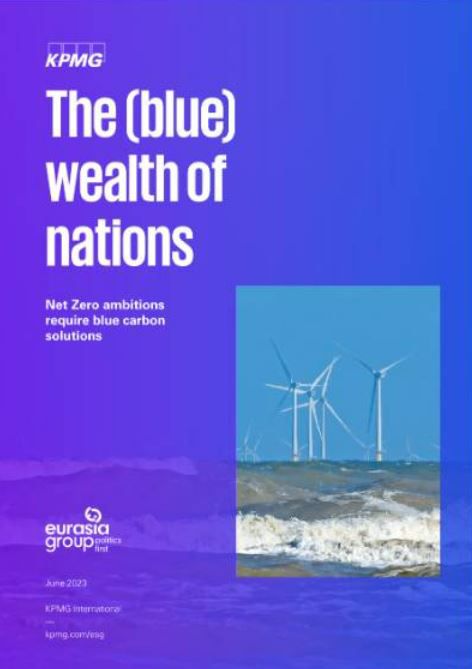Around the world, countries and territories are looking to transition to a ‘green’ economy that is low in carbon, socially inclusive and resource efficient. Over 68 percent of the global GDP is already covered by Net Zero targets1 – the main focus of which has been to reduce human-driven emissions of CO2 or global greenhouse gases (GHGs) as close to zero as possible through decarbonization.
But this will not be enough. In the short term, the political, commercial, and technological reality of decarbonization means that not all sectors will be able to hit increasingly widespread and strict interim targets. And in the longer-term, decarbonization of current economic activities will not reverse the impact we have already had – not the stock of carbon that has built up in the atmosphere from centuries of industrial activity, nor the ‘natural’ emissions that are on the rise due to the impact of climate change on these ecosystems.
Although decarbonization will always be the central focus of climate change mitigation, the Net Zero targets of companies and countries can only be achieved through the additional step of removing carbon from the atmosphere. To achieve the speed and scale of these ambitions in a cost-effective manner, the ‘blue’ carbon potential of the oceans must be unlocked.
In this latest report The (blue) wealth of nations, we explore:
- The demand-side dynamics for carbon removal, where escalating prices can help to make the projects commercially feasible.
- The supply-side dynamics for these projects, where blue carbon removal solutions can address the potential constraints of ‘onshore’ offsets.
- The remaining barriers to the development of blue carbon removal offsets, with high-level recommendations for governments to better realize the blue carbon wealth of their nations.
Related content
Get in touch
Connect with us
- Find office locations kpmg.findOfficeLocations
- kpmg.emailUs
- Social media @ KPMG kpmg.socialMedia
1 Approximately 61% of GHG emissions and 56% of the world’s population are covered by national net zero commitments, as at 23 March 2021 [‘Taking stock: a global assessment of net zero targets’ (2021) Oxford Net Zero & ECIU].






